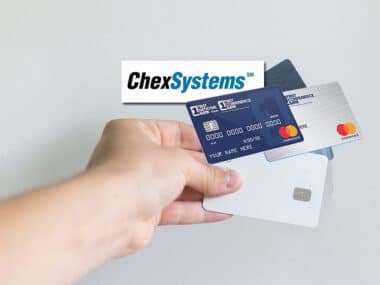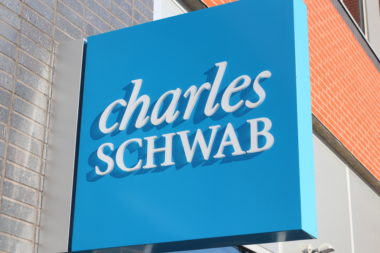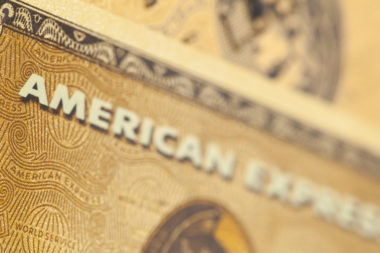Table of Contents
How Money Order Scams Work
Scammers use money orders to conduct cons so they can steal your money or personal information. Many of these schemes involve buying or selling items online, since scammers can easily hide their identity and phish for information.
Since money orders are known as a safer way to send and receive money than personal checks, it’s easy to let your guard down when an online customer offers to pay you using this method. However, there are many ways criminals may deceive you with a money order, such as creating a fraudulent document. Reviewing the different ways to identify a fake money order will help you to avoid these potential scams.
In many cases, these scammers attempt to involve you in a complicated plot that results in empty promises and the emptying of your bank account. It’s important to learn more about common money order scams, especially if you plan to do business online.
Types of Money Order Scams
Money order scammers may have their sights set on stealing your money or they may want your personal information so they can steal your identity online. There are many types of money order scams to look out for, including the following:
- Overpayment for goods: In this scam, you sell an item online and the customer promises to send a money order as payment. When the money order comes, it’s for a higher amount than the purchase price. The customer claims they made a mistake and asks you to wire transfer the excess back to them. However, the money order is fraudulent and after you’ve sent the excess money back, you find the money order cannot be cashed.
- Deposit a money order: A scammer you meet online or in person asks you to deposit a money order for them and give them the cash since they don’t have a bank account. You complete the transaction and think the money order is safe in your bank account. However, the bank eventually learns the money order is fraudulent and takes it back.
- Security deposit refund: When advertising a property for rent online, you receive interest from an out-of-town potential renter who provides you with a money order to cover the security deposit and hold the property. You deposit the money order but the tenant suddenly changes their mind about the property and asks for a refund, which you provide. The money order was fraudulent and the bank takes it from your account after you’ve provided the money back to the tenant.
- Debt collection: A scammer poses as a debt collection company representative and asks you to buy a money order and send it in to satisfy your debt. The company (and your debt) is illegitimate and the scammer cashes in your money order.
- Online transactions: Some thieves don’t conduct elaborate schemes and simply send you a fake money order for the goods you’re selling online. You’ve already shipped the items when you realize the payment is fraudulent, so the scammer gets your items for free.
Always be wary of online transactions and doing business with people you don’t know. If something sounds too good to be true or your gut tells you something is fishy, stop communicating with the person as soon as possible.
If a person you’re communicating with online makes strange demands, such as sending money back to them or cashing a check for more money than you asked for, it’s a red flag that you’re involved in a scam.
How to Tell If a Money Order Is Fake
If you receive a money order from someone you don’t know, there are certain elements you can examine to potentially determine if it’s fake. First, examine the dollar amount. It should be clearly printed and if it looks like it was tampered with, that may be a sign of fraud. The maximum amount for a domestic money order is $1,000. If the dollar amount is higher than this, it’s fraudulent.
Every money order has a Benjamin Franklin watermark. Hold the document up to the light to confirm you see this watermark. You should see silver lines sewn into the money order, which are also visible when you hold it up to the light. Additionally, make sure all spaces are filled in properly and that there’s a legible money order number at the top of the document.
If you suspect you’ve received a fake money order, call the United States Postal Service Money Order Verification System at 1-866-459-7822. If you feel you’re involved in a fraudulent money order transaction, contact the U.S. Postal Inspection Service at 1-877-876-2455.
What Happens If I Cash a Fake Money Order?
It takes your bank several days or weeks to collect money order funds from the issuing financial institution. If you deposit a money order into your account, it may show up in your balance but that doesn’t mean the funds are available.
Once the bank finds out there is no issuing financial institution and the money order was fraudulent, the funds are immediately taken from your account. If your account has a negative balance after the funds are taken, you may be responsible for paying penalty fees to your bank.
How to Verify a Money Order
Verify a money order to confirm its validity before you assume the money is yours. You can do this by contacting the financial company that issued the money order. You can confirm the money order number and amount with the issuer but this isn’t a complete guarantee the money order is valid so you should still be cautious. It’s best to cash a money order with the institution that issued it instead of depositing it into your bank account.
Money order scams are mostly conducted online, so it’s important to be cautious if you buy or sell items online. To prevent identity theft and being the victim of a money order scam, try to verify payment you receive and avoid doing business with people you don’t know.
Image Source: https://depositphotos.com/





